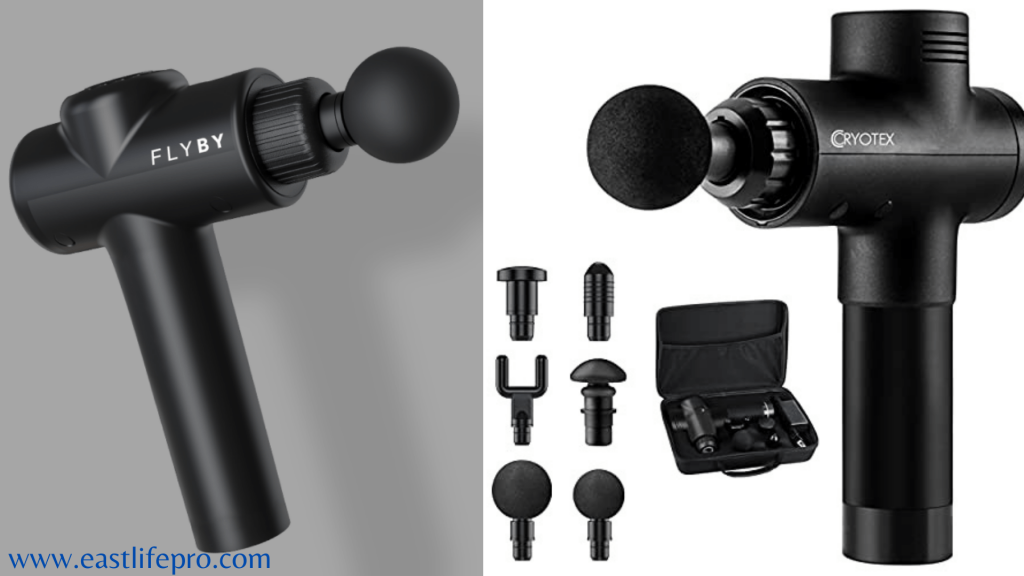Monitoring your health is not only crucial, but it also gives you power. You may obtain important insights into your general well-being and make wise choices to enhance your health by observing and comprehending your body. By monitoring your health, you can see trends, establish objectives, and alter your lifestyle as needed to achieve the best possible health and well-being. Technology has made it simpler than ever to keep an eye on your health, whether that means tracking your physical activity, sleeping habits, or eating. There are several tools available to help you measure and manage different elements of your health, ranging from wearable technology and smartphone applications to digital health platforms.
Establish a Health Journal
A good strategy to monitor and manage your health is to keep a diary. Keep a detailed record of your daily activities, exercise regimens, foods, medicines, and any symptoms or physical changes you see in your notebook. Thanks to this thorough record, you can see trends, triggering factors, and problem regions. You may obtain knowledge about the effects of many influences on your health and make wise lifestyle decisions by keeping track of your health in a notebook.
Utilize Wearable Devices
The ability to monitor your health in real time while receiving data on numerous elements of your well-being has completely changed how this is done. Heart rate, sleep habits, steps walked, and calories burnt are just a few of the variables that fitness trackers, smartwatches, and other wearable technology measure. You may maximize your health and fitness by using these gadgets to create personal objectives, monitor your progress, and change your regular habits. Wearable technology serves as a continual reminder to keep up good habits and physical activity.
Keep Track of Your Nutrition
You may better understand your eating patterns and make knowledgeable decisions by keeping a food diary or utilizing nutrition monitoring apps. You can see any nutritional imbalances, measure your calorie consumption, keep an eye on portion sizes, and discover areas where changes may be made by keeping a food and beverage journal. You may control your diet by keeping track of your nutrition, ensuring that you satisfy your nutritional requirements and maintain a balanced and healthy eating pattern.
Schedule Regular Check-Ups
In order to provide preventative treatment and make an early diagnosis of any health concerns, regular checkups with medical specialists are necessary. By making regular visits, you offer yourself the chance to get thorough assessments, essential immunizations, and tests tailored to your particular health requirements. A proactive approach to healthcare is provided through routine checkups, which give you the chance to address any concerns, get expert advice, and make sure your health and well-being are at their best.
Prioritize Mental Health
It’s equally crucial to look after your physical and emotional well-being. Utilizing techniques like journaling, mindfulness training, meditation, or counseling may help you reduce stress, enhance your emotional well-being, and have a positive outlook. Your general health and quality of life may be greatly improved by prioritizing self-care and making time for pursuits that bring you joy, pleasure, and relaxation.
Embrace Remote Patient Monitoring
A revolutionary technique called remote patient monitoring (RPM) enables medical professionals to keep an eye on patients’ vital signs and health information from the comfort of their own homes. RPM tools, including blood pressure monitors, glucose meters, and wearable sensors, make it possible to continuously monitor and spot changes in a person’s health early on. Getting remote patient monitoring services enables people to take an active role in maintaining their health and enables prompt treatments, which decreases the need for frequent hospital visits and boosts total healthcare productivity.
Stay Informed and Educate Yourself
Making wise selections is made possible by having knowledge about health-related issues. Keep current with the most recent health studies, advice, and information from reliable sources. To increase your knowledge, interact with healthcare experts, look for trustworthy information sources, and participate in health education activities. Staying educated can help you sort through the wealth of health-related information accessible and make decisions that are in line with your health objectives, improving your overall well-being.
Conclusion
You may actively manage your physical and emotional well-being, make wise decisions, and lead better lives by using effective monitoring systems. Each step you take toward achieving optimum health, whether it’s keeping a health diary, using wearable technology, tracking your diet, planning routine checkups, placing a high priority on mental health, adopting remote patient monitoring, or just remaining educated. You may feel more empowered, alter your lifestyles for the better, and ultimately improve your quality of life by taking charge of and actively engaging in your healthcare. Remember that your health is your most significant asset, and by monitoring it, you are investing in a better and happier future.
James Martin is a passionate writer and the founder of OnTimeMagazines & EastLifePro. He loves to write principally about technology trends. He loves to share his opinion on what’s happening in tech around the world.



